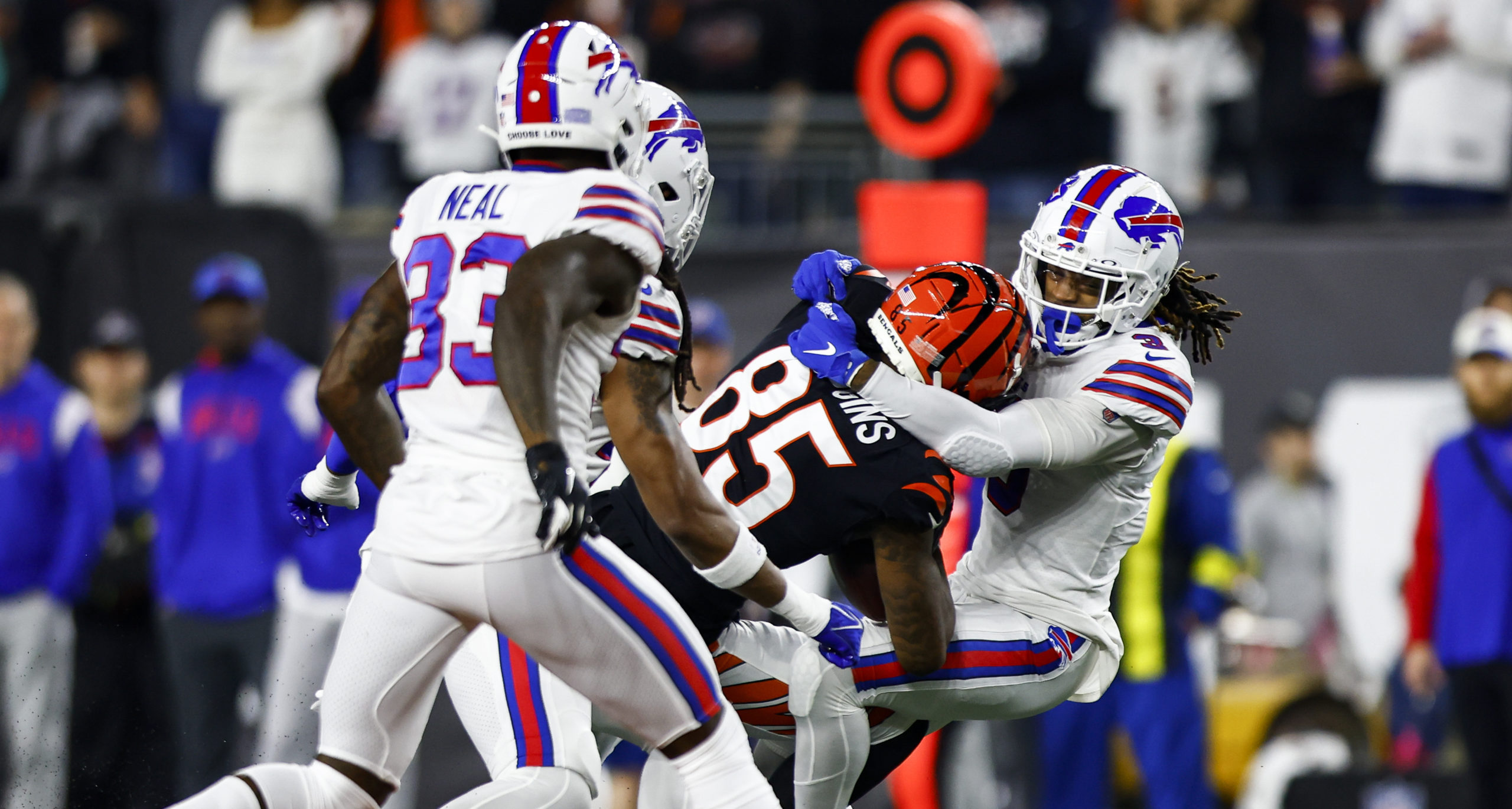There has been no increase in cardiac arrests or deaths among young athletes since the Covid-19 pandemic, a leading sports cardiologist has claimed.
Jonathan Drezner is Director of the University of Washington’s medicine center for sports cardiology, team physician for the NFL team Seattle Seahawks and head of the Cardiac Injury in Sport division of the National Center for Catastrophic Sports Injury Research. Last week on a popular podcast called The Real Science of Sport he told the audience quite categorically that, having reviewed the evidence, there has not been any uptick in athletes suffering from cardiac arrest or myocarditis related to either Covid-19 or the vaccine.
Myocarditis has long been a leading cause of sudden death in competitive athletes. It is a condition that causes inflammation of the heart muscle, which in turn can develop into an abnormal heart rhythm (or arrhythmia). During the early period of the pandemic, there was a higher-than-expected prevalence of myocarditis among hospitalised Covid-19 patients, which raised questions about the safety of athletes who were returning to play after catching the virus; meanwhile vaccine-sceptic observers claimed that many more athletes than normal were mysteriously dying of heart injury. The issue came to the fore when high profile sports stars, including Danish footballer Christian Eriksen in 2021 and NFL player Damar Hamlin this year, collapsed on the pitch from heart-related issues.
“In our young athletes, the prevalence of cardiac involvement from a viral syndrome was really, really low,” Dr Drezner said. “We’re not having an epidemic of cardiac arrests for Covid or the vaccine”.
We got in touch to find out what evidence he is basing his assertion on. Dr Drezner told UnHerd that the Cardiac Injury in Sport division of the National Center for Catastrophic Sports Injury Research, which he heads, has been monitoring cardiac arrests among athletes across the US for 20 years. Prior to the pandemic, they conducted several studies into the incidence of sudden cardiac arrest (SCA), finding that the proportion of SCA from myocarditis in competitive US athletes ranged from 4-9%. Drezner now says that, in as-yet unpublished research with the NCCSIR, there is no change from this figure pre and post-pandemic. He expects the research to be published this summer.
Full comments from the podcast appearance below:
I work with the National Center for Catastrophic Sport Injury Research. We monitor all cardiac arrests and deaths among all athletes across the US for 20 years. We have not seen any increase in the rate of cardiac arrests or deaths through the Covid-19 pandemic. There’s no higher rates of myocarditis related to either the virus or the vaccine. Data that suggests otherwise is faulty and largely misinformation.











Join the discussion
Join like minded readers that support our journalism by becoming a paid subscriber
To join the discussion in the comments, become a paid subscriber.
Join like minded readers that support our journalism, read unlimited articles and enjoy other subscriber-only benefits.
Subscribe